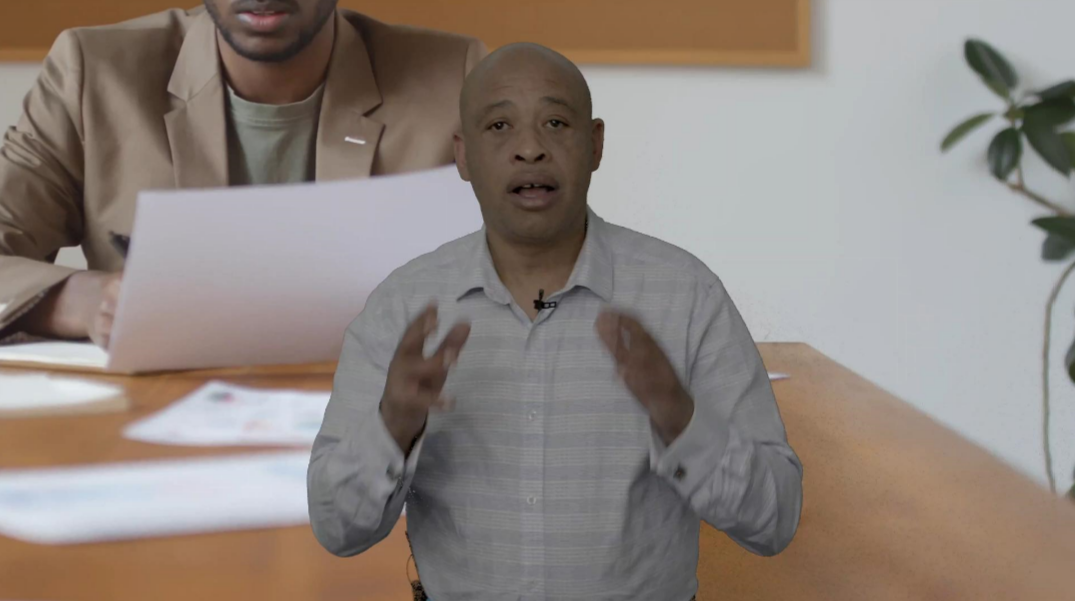Soft skills that get you noticed at work
Standing out at work for the right reasons can be challenging – especially for those of us who are not naturally gregarious. Getting noticed at work is all about drawing attention to your skills and achievements and painting a picture of yourself that suggests reliability and untapped potential for your employer.
There are significant benefits to getting noticed at work at all stages of your career. But for many people, the simple act of stepping into the spotlight is a terrifying prospect. Consider the statistics related to presenting. Forbes magazine (https://www.forbes.com/sites/nickmorgan/2011/03/30/why-we-fear-public-speaking-and-how-to-overcome-it/#2e9dc5ea460b) estimates that 10% of the population are more afraid of public speaking than they are of dying. Other sources say that presentation anxiety affects up to 75% percent of the adult population. Either way, drawing attention to ourselves is, for most of us, not a natural drive.
In Australia, some of this is cultural. Unlike some other cultures, we are often encouraged to be self-effacing. Tall Poppy syndrome, a distinctly anglophile phenomenon, is still alive and well, and we are raised to avoid the suggestion of being a “show pony”.
As a result, many very capable people step away from opportunities that could change the course of their careers. Don’t let yourself be one of them.
Developing your soft skills can help you build the confidence you need to promote your strengths and present yourself in the right light. Here are some soft skills that will help you put your best foot forward.
1. Presentation skills
- Few people are natural presenters. Most people learn. Presentation skills training can give you a process and develop your natural style so you can still be you - and successfully deliver well-structured presentations with your own unique twist
2. Emotional Intelligence (EI)
- This is a sought after-skill for managers, sales people and even professionals. Being able to display high EI tells your employer that you have the skillset required for greater things. EI is frequently listed as a requisite soft skill when employers recruit for managers and senior staff.
3. Communication Skills
- Many talented people are unable to communicate their value. The frustration of this situation is second only to the discouragement of watching others promoted to your ideal role. Having the skills to understand and articulate the explain your strengths and value to your employer – or new employer – is a powerful way to get noticed.
4. Strategic Thinking
- It’s often said that hope is not a strategy. The ability to think conceptually and map a future path is an asset that businesses look for in their leadership. Being able to form a vision and communicate it clearly (see point 3) can draw attention to the skills that set you apart.
5. Leadership and Management
- The ability to manage is one thing - the ability to truly lead is another again. Employers look for staff with the talent and skills to do both. Developing your leadership soft skills can mean the difference between being one of the crowd and being seen in an entirely new light.
Building a few critical soft skills can make a huge difference to the way that you are perceived to your current employers – and potential new employers on the lookout for gifted new talent.
Need some new skills to stand out from the crowd? Book a FREE personal one-on-one soft skills assessment session, and find out how soft skills could benefit you or your workplace.
6 essential soft skills for your next job interview or performance review.











